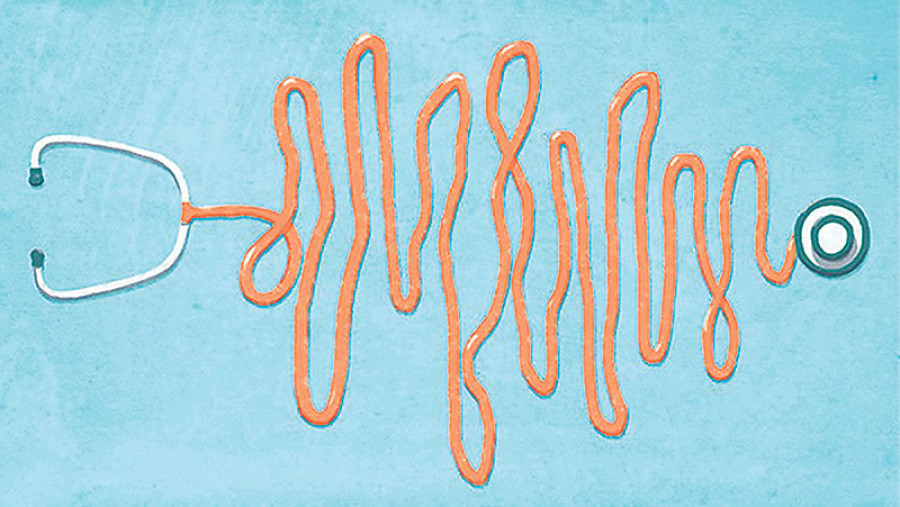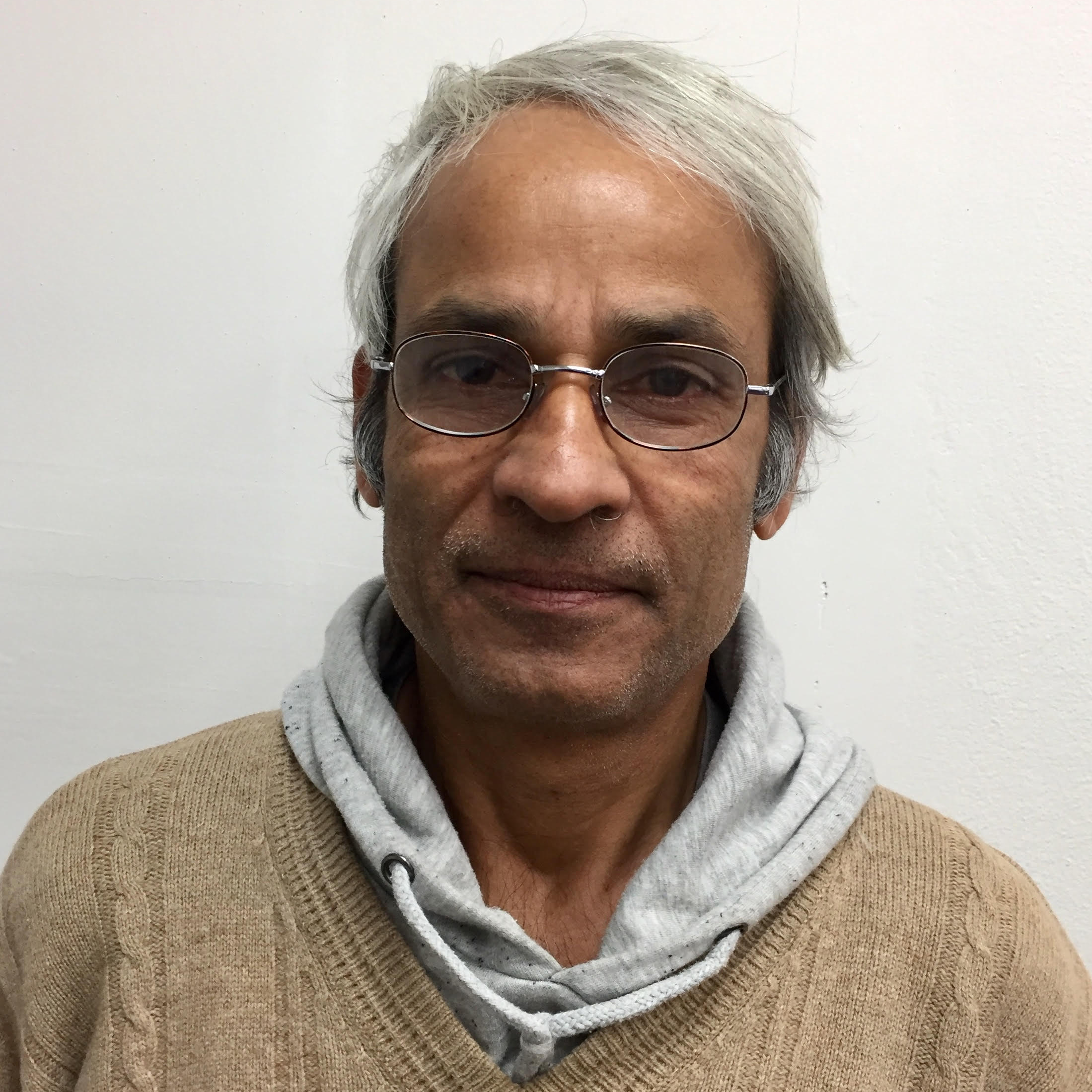Opinion
The medicine man
The issues that Dr KC has raised are what a socialist government should be pushing
Jagannath Adhikari
We are witnessing a bizarre political situation. The country’s major political parties have a socialist inclination, but their policies and actions are just the opposite. A strong government run by the Nepal Communist Party advocates market triumphalism when providing basic services like health and education. This is evident in the way the government has been dealing with the demands of Dr Govinda KC who is on his 15th hunger strike.
The issues that Dr KC has raised are what a government with a socialist vision and agenda should be advocating and implementing. On the contrary, the government has dismissed his efforts forgetting that it had the same agenda of ‘access to health for all’ in the last three elections.
The basic problem
Nepal certainly needs more doctors, as the doctor-to-patient ratio is still low. Currently, this ratio is about 0.6 per 1000 population, which essentially means there is a need to double the number of doctors to meet the minimum requirement of 1:1000 as recommended by the World Health Organisation. About 2,500 doctors graduate every year. In five years, Nepal will have enough doctors to meet the minimum requirement. But these doctors are concentrated in Kathmandu and other big cities. Therefore, just considering the number of doctors is no way to gauge access to health facilities. Their distribution across the country should be fair and equitable.
The present system of medical education has created this situation of oversupply of medical professionals in urban areas and scarcity in rural areas. This is also responsible for making medical service expensive and encouraging doctors to earn more money through unethical means. As education in private medical colleges is expensive, doctors develop a tendency to earn more through unethical practices. This is not just a hypothetical statement. We all have experienced this. Dr KC has been fighting through Satyagraha to correct the medical education system so that more doctors are motivated to work in rural and remote areas and follow this profession as a service. His vision should have been fully accepted by this government which takes ‘socialism’ as its political ideology. But sadly, this is not so in practice.
The government is determined to uphold a market-based approach and allow private agencies to open colleges on a profit-making basis. Government ministers state that the market will eventually help in improving the quality and supply of medical graduates. They know that the market does not work perfectly because of the syndicate system and corruption, and that medical education and health service are the responsibilities of the government. But they argue differently just to demean Dr KC and his efforts.
It is a common practice in medical education to prefer non-profit private colleges. There are a good number of such non-profit private colleges which provide good quality medical education at low cost. Even in profit-making private colleges, the government needs to control the quality and supply of doctors.
Free medical education?
Considering the cost of medical education in Nepal, one might wonder whether free medical education is possible or good for society. Cuba has the highest doctor-to-patient ratio, and life expectancy is on a par with the developed countries even though incomes are low. The Cuban education system helps to send doctors to every part of the country and engages them at the community level. Medical students are selected not solely based on academic merit, but also social skills and commitment to work. Free education and social commitment mean that doctors work in rural areas even for low wages. They are trained in such a way that they can work even without sophisticated tools. This is something for this government to think about if it wants to emulate a good example of a socialist country.
Dr KC’s demands are not a tall order. He has just demanded low-cost public medical education and health service in rural areas. This should not be a problem for the government. If the private sector can invest millions of rupees to establish such a medical college, the government can establish a dozen such colleges and hospitals in underserved regions. These educational institutions can be run on a cost-recovery basis which would mean cheap and quality medical education and services.
For now, Dr KC just wants sincere implementation of the previously approved Mathema report, which does not restrict for-profit private medical colleges but gives some responsibility to the government to control their quality, fees and location. This should not be a problem for the government if ‘socialism’ is its spirit.
Adhikari is a researcher




 14.24°C Kathmandu
14.24°C Kathmandu











